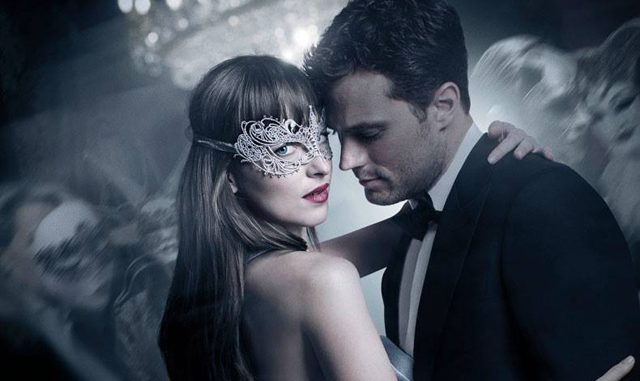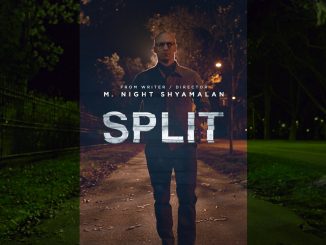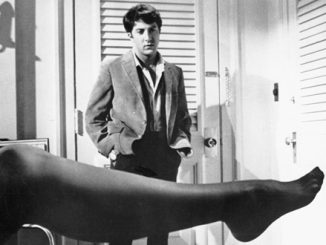
Copy Editor, Barbara Doyle |
On February 10, the much anticipated second installment of the Fifty Shades trilogy made its debut into theaters across the world and was quick to receive many mixed reviews.
“Fifty Shades Darker” follows the intense relationship between billionaire Christian Grey (Jamie Dornan) who introduced college graduate Anastasia Steele (Dakota Johnson) to the Bondage, Dominance, Submission, Sadism, Masochism (BDSM) community. This installment of the trilogy holds more controversy than the first, with potential triggers for viewers that include inferences of child abuse, spousal abuse, and sexual harassment in the workplace, among many others.
The movie starts off with a dream sequence that acts as a flashback from Christian’s childhood, where he’s hiding as his drug-addict mother gets beat by one of her lovers. Soon after, the man, who is holding a lit cigarette in his hand, finds Christian hiding under a table.
While the abuse isn’t shown on camera, you can hear the hits and cries from both Christian’s mother and himself, which has the potential for audience members with similar pasts to be reminded of traumatic memories.
The audience can assume that the abuse Christian suffered as a child is a big influence on his need to control and dominate his “relationships” as an adult. However, controversy surrounds this assumption, because some viewers merely see Christian’s love for pain and punishment as abuse rather than a traditional BDSM relationship where the main goal is pleasure in the pain.
Another controversy in Christian’s past influences surrounds potential child molestation involving the woman who introduced Christian into the world of BDSM. Christian was only 15 years old when his adoptive mother’s best friend seduced him and introduced him into the master-submissive role. While they were both willing to perform these acts, he was still underage, which sparks outrage with many viewers as it is statutory rape.
The very woman, Elena Lincoln (Kim Basinger), shows up many times throughout the movie to try to break apart the budding relationship between Christian and Anastasia. Since it is not typical for the master to fall in love with the submissive, Elena does everything in her power to end it before it goes anywhere else (and she fails, miserably).
Then you have Anastasia, who just graduated college and already has a job as an assistant to the editor of the Seattle Independent Press. Christian soon buys this company like it’s mere pocket change, because heaven forbid Anastasia does something independently without him being in control of her every second of the day.
Side note: While most women were drooling over Christian at this point, I was there drooling over the idea of actually getting a job right after college. Although Christian, portrayed nicely by Dornan, wasn’t bad on the eyes either.
Anyway, Christian informs Anastasia that her new boss, Jack Hyde, is known for harassing his assistants. This introduces Christian’s character as the knight-in-shining-armor to counter Hyde as the film’s antagonist.
Because of Christian’s past, there is yet another antagonist against Anastasia, which happens to be the last submissive that “served” Christian. Leila Williams begins stalking Anastasia, trying to figure out what Anastasia has that she doesn’t. Because, of course, every submissive that Grey has prior to Anastasia just isn’t worthy of his love.
Throughout this whole movie, Anastasia keeps telling Christian that she’s scared of who he is and what he’s capable of doing. He buys all the portraits her friend took of her at an art gallery, buys the company she works for, has all of her personal accounts and information, and transfers $24,000 into her account despite her saying no.
Yet she agrees to move in and marry him anyway. No, Anastasia. Just no.
While most women were swooning over Christian’s “affection” for Anastasia, I was cringing at how creepy his character really is. Seriously, this dude is like a level-up stalker ready to pounce the minute you’re alone.
Overall, I thought this installment of the trilogy was much better executed than the first. A large part of that is due to the fact E.L. James, who wrote the books that the movies are based on, had much more say in this adaptation than the first.
However, I can’t help but ignore the controversies that make Christian who he is. Maybe the believability in the darkness that surrounds him is what makes the movie good. Despite the well-played portrayal of such a dark character, I won’t be seeing this movie again.



Leave a Reply